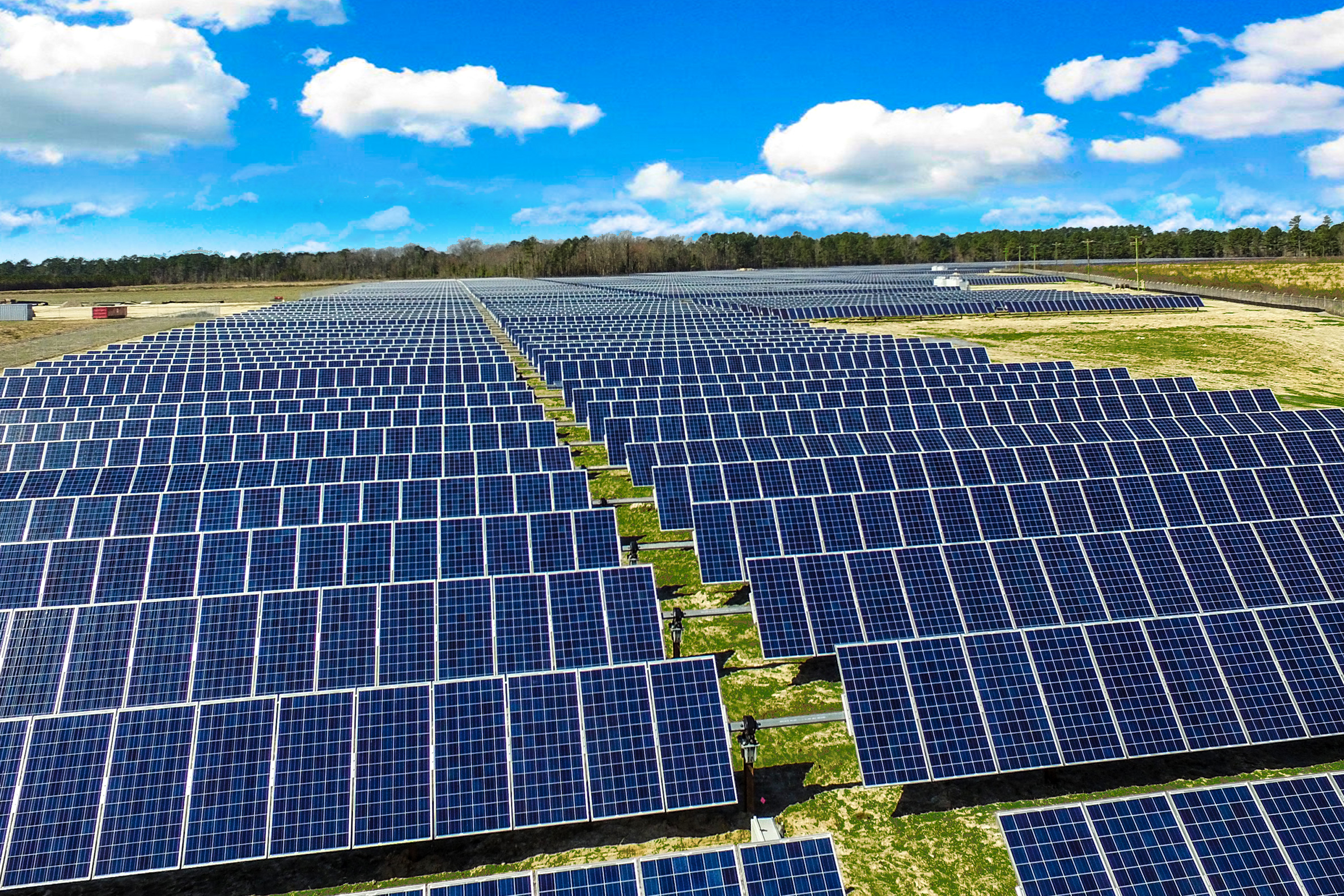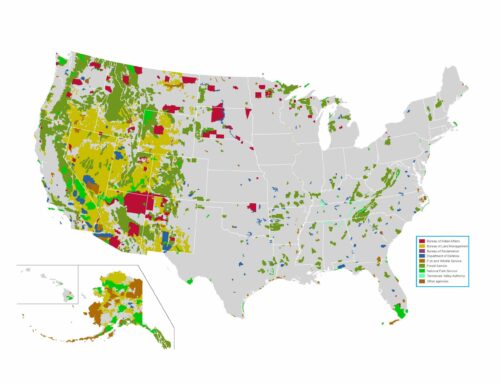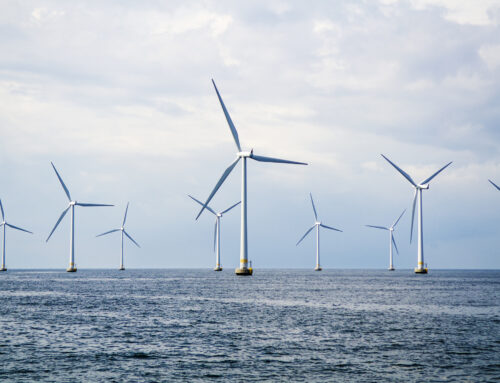by Greg Walcher, E&E Legal Senior Policy Fellow
As appearing in the Daily Sentinel
An Ellsworth, Maine, newspaper columnist lamented voters’ defeat of a transmission line to bring renewable energy. “Talk about mixed messages. We want renewable energy but not here, not now, not this kind. We have to reduce our reliance on fossil fuels, but we won’t support a project to replace them.”
Voter schizophrenia is not unique to Maine — it is nearly universal. It’s understandable because no source of energy is entirely green. For 40 years energy companies, utilities and government researchers have studied the environmental impacts of energy. In some cases, that impact is immediate and local, as with smokestacks. In others, it’s more long-term and geographically unspecific, as with global warming.
Worldwide, governments have established goals to wean their economies from oil, gas and coal — the most abundant, affordable and versatile sources of energy. Their use has created prosperity and history’s highest standard of living. But they also come at an environmental price, as we all understand. So presidents, governors, town councils, prime ministers, monarchs and legislatures have agreed to reduce the use of fossil fuels and work toward powering their economies with renewables. Unfortunately, there is no such thing.
The sun, of course, is “renewable” in the sense that nothing mankind does affects it. But the solar panels, batteries and cables used to capture its energy are made of minerals, no more renewable than oil. Running water in rivers is constantly replenished. But dams require concrete and turbines are made of steel and other metals, no more renewable than natural gas. Nuclear power is cheap, but uranium requires mining, no more renewable than coal. What is the answer — electric cars, trucks, buses and trains? That depends on where the electricity comes from. With the current mix of energy sources, that really just means vehicles powered by coal instead of oil.






